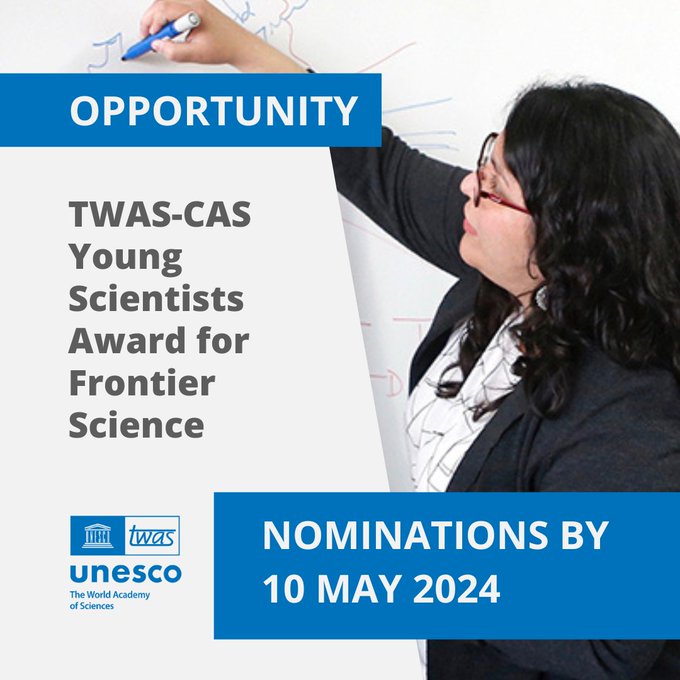
2021 Green People’s Energy Challenge for Energy Access Innovators
Deadline: August 31, 2021.
With the upcoming Challenge Call, GBE is looking for concrete solutions to address two specific challenges in the energy access sphere: Increasing Off-Grid System Sustainability and Reducing CO2 Emissions via Energy Access.
The expected impact and likely success of the proposed solutions to overcome either of the two identified challenges will be evaluated by an Assessment Committee. This evaluation will be done on the basis of administrative eligibility and technical suitability. A special focus is placed on sustainability, meaning that benefits pursued in the framework of the project’s timeframe are expected to continue beyond implementation.
A Decision Committee including representatives of the German Federal Ministry for Economic Cooperation and Development (BMZ) will then select the strongest proposals presented by the Assessment Committee.
The Challenge Call adds to the already operational Small Projects Fund, which offers financial support to renewable energy projects led by non-profit organisations. It is part of a variety of activities implemented by GBE with the aim of working towards SDG 7.
CHALLENGES
CHALLENGE 1: Increasing Off-Grid System Sustainability
Across Sub-Saharan Africa, a significant part of off-grid systems such as Mini-Grids, Solar-Home-Systems, Solar Lanterns or devices such as solar pumps, cooling units, etc. are either already or at risk of becoming dysfunctional. This has negative socio-economic as well as environmental implications adding to the unfavorable relation of high costs related to setting up the initial hardware as compared to relatively modest financial means required for repair or maintenance. Typical reasons for this challenge include:
- Limited financial resources to pay for maintenance and repair services
- Lack of skilled personnel to perform maintenance and repair tasks
- Warranty and after-sales services not available or not followed through
- Lack of organisations or services targeting repair or maintenance
To address Challenge 1, project approaches should link to at least one of the sub-themes described below. Maintenance and Repair Capacity Development and Training Warranty, Insurance or After-Sales Services, Recycling, E-Waste and Upcycling System Monitoring and Communication, Other
CHALLENGE 2: Reducing CO2 Emissions via Energy Access
Climate change demands the reduction of greenhouse gas emissions in many sectors. In industrialised countries, this has led to CO2 certificates becoming an increasingly valuable asset. In many parts of Sub-Saharan Africa, however, electricity to power public institutions, businesses and homes, is still scarce. Climate-friendly renewable energy technologies provide a viable alternative but are lagging behind trajectories required to meet SDG 7. If both trends can be linked, CO2 certificates could have the potential to unlock additional sources of finance for renewable energy technologies, which in turn could be converted into CO2 certificates. Currently there are several barriers hindering this sector coupling. Among them are:
- Weak framework for calculating CO2 emission reductions of different energy access project setups.
- Lack of data on the CO2 emission reduction potential of various energy access technologies
- Few project approaches that aim at generating CO2 emission reduction certificates.
- Low innovation potential of energy access projects intending to integrate coherent climate change mitigation metrics in their project approaches.
To address Challenge 2, project approaches should link to at least one of the sub-themes described below. Methodology and Monitoring Schemes, Data, Pilot Implementation, Adaptation Finance, Other
ELIGIBILITY
- Applicants must be either non-profit organisations or local for-profit organisations in the country of implementation without commercial ties to for-profit organisations from industrialised countries.
- The Challenge Call prioritizes solutions from within the nine Green People’s Energy focal countries: Ethiopia, Benin, Ghana, Côte d’Ivoire, Mozambique, Namibia, Senegal, Uganda, and Zambia.
- However, applications from other sub-Saharan countries are also welcome.
BENEFITS
- GIZ Contributions can cover up to 80% of the total project costs and must be lower than EUR 125.000. At least 20% of the total project costs will have to be covered by the applicant as an own contribution, in-kind contributions are accepted.
- The budget must be plausible and appropriate in regard to the project’s aims. The applicant will
be required to provide evidence for relevant budget items listed (e.g. through blackened payslips,
working contracts)



